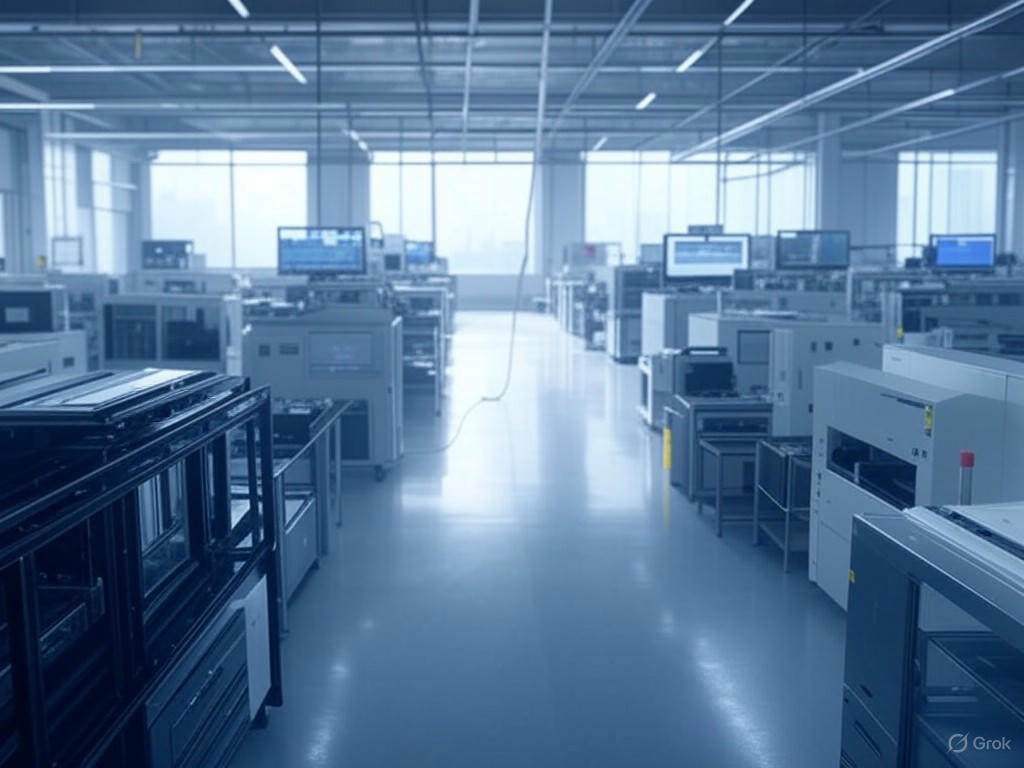Apple’s Role in China’s Rise: A Double-Edged Sword for Global Tech
In the ever-evolving landscape of global technology, Apple stands as a titan whose influence stretches far beyond sleek devices and innovative software. A recent publication has sparked intense debate about how the tech giant’s strategic decisions, particularly its offshoring of manufacturing to China, have reshaped not just economies but the very balance of technological power. This narrative isn’t just about corporate profit margins; it’s a deeper story of how a single company’s choices may have accelerated China’s industrial ascent while raising critical questions about America’s innovation edge and security.
Apple’s journey with China began decades ago when the company sought cost-effective ways to produce its iconic products. By partnering with manufacturers like Foxconn, Apple tapped into China’s vast labor pool and infrastructure, slashing production costs while scaling output to meet global demand. This move wasn’t just a business decision; it catalyzed a seismic shift. China, once seen as a low-cost assembly hub, rapidly evolved into a manufacturing powerhouse. Over time, the nation developed expertise, built supply chains, and nurtured a skilled workforce capable of handling complex production processes. Apple’s investment indirectly fueled China’s technological ambitions, helping it transition from a mere subcontractor to a competitor in the global tech arena. Today, Chinese firms challenge Western dominance in areas like 5G, AI, and consumer electronics—an outcome few could have predicted when Apple first set up shop.
Yet, this symbiotic relationship has a darker side. Critics argue that offshoring manufacturing has eroded America’s own industrial base, leaving it vulnerable. The loss of domestic production capacity means the U.S. now relies heavily on foreign supply chains, a dependency exposed during global crises like pandemics or geopolitical tensions. Moreover, the transfer of know-how to China has raised alarms about intellectual property and national security. Could the very innovations that once defined American supremacy now be used against its interests? The book sparking this conversation suggests that corporate decisions, driven by short-term gains, may have long-term consequences for technological leadership. While Apple reaps billions from its global strategy, the U.S. grapples with a hollowed-out manufacturing sector and the challenge of reclaiming its innovative mojo.
As the debate unfolds, the story of Apple and China serves as a cautionary tale for businesses and policymakers alike. Globalization has undeniably brought efficiency and growth, but at what cost? The tech industry must now navigate a delicate balance—leveraging international partnerships while safeguarding domestic capabilities. For America, rebuilding its industrial foundation and investing in homegrown innovation could be the key to maintaining its edge. Meanwhile, Apple’s legacy in China reminds us that corporate strategies can shape not just markets, but the geopolitical landscape. The question remains: can the U.S. adapt to this new reality, or has the turbocharging of China’s development come at an irreversible price? Only time, and perhaps policy, will tell.


